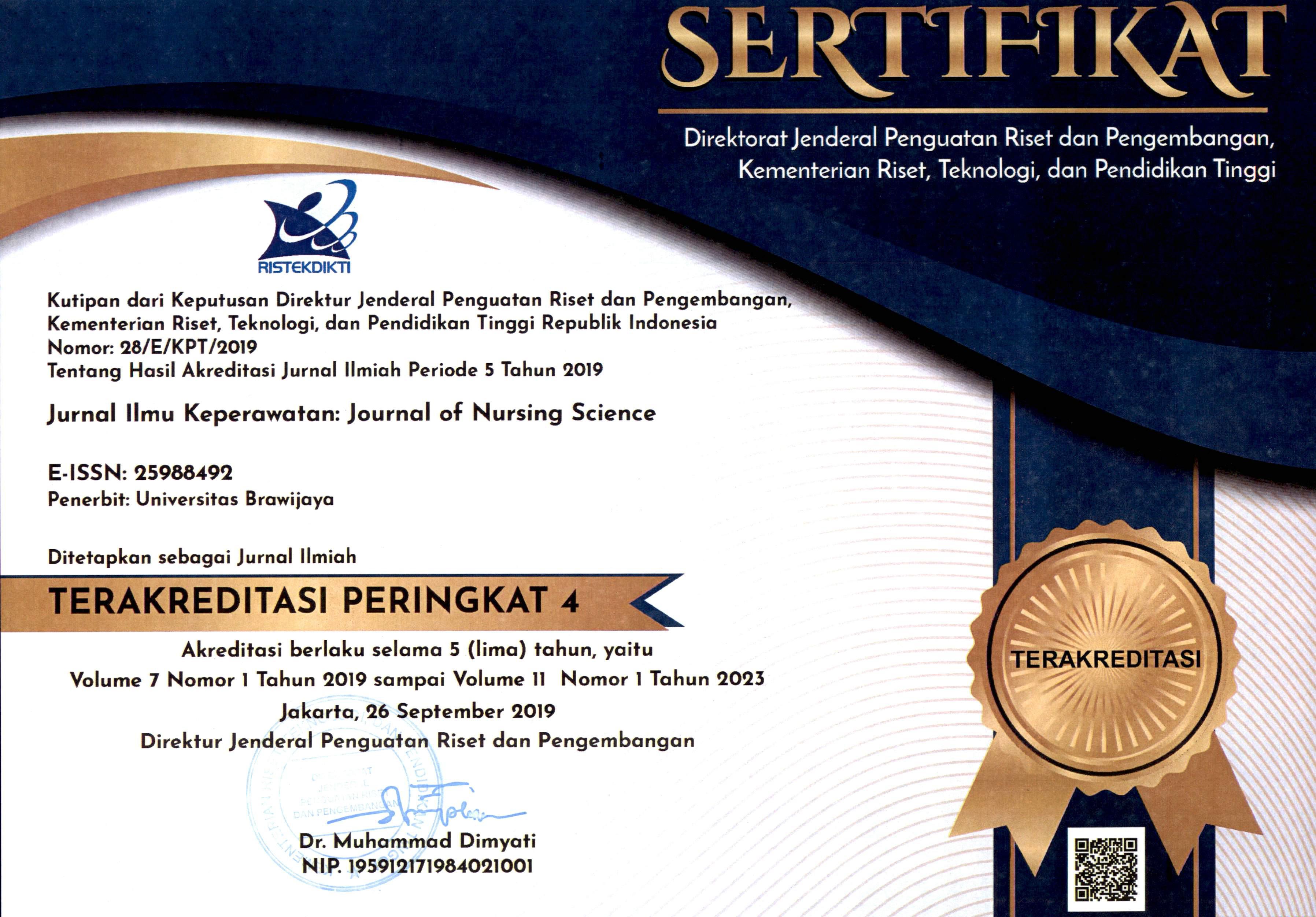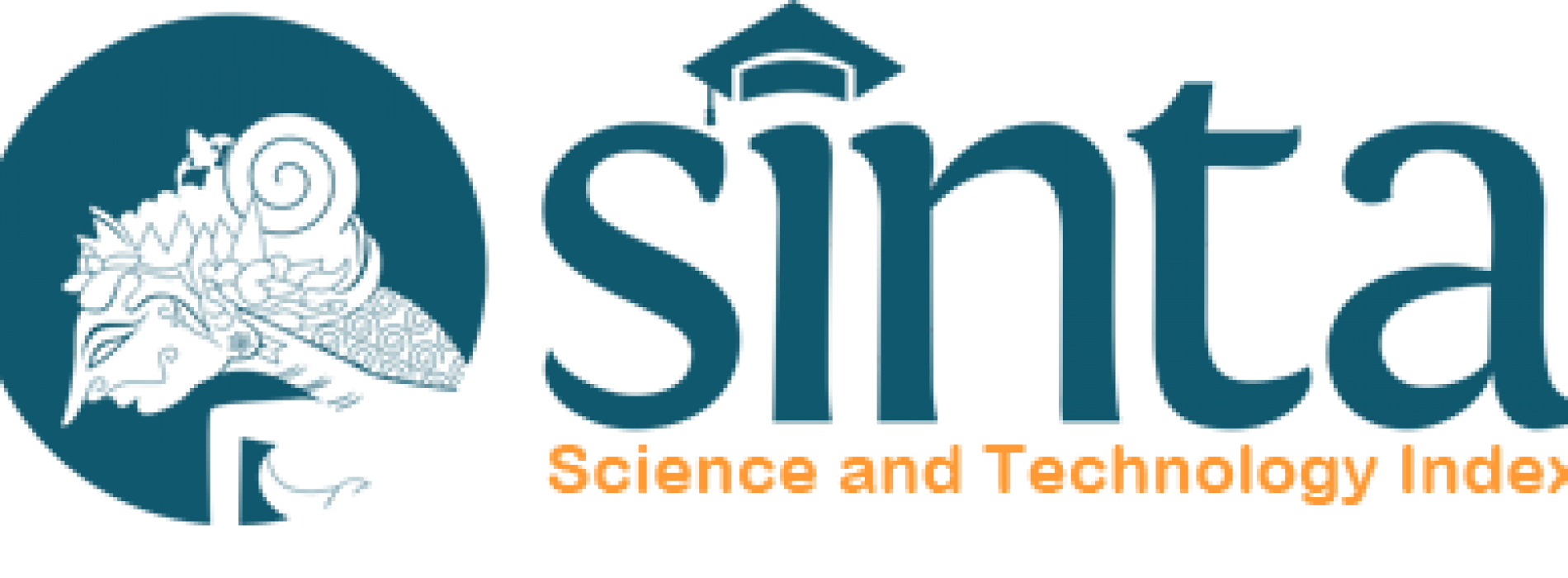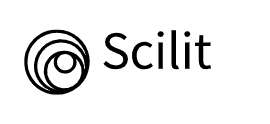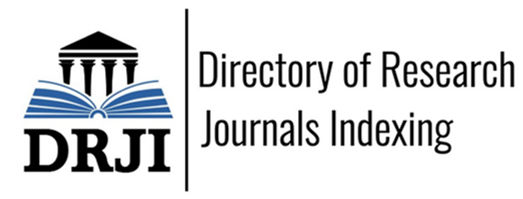Profile of People With HIV-AIDS (PLWHA) During The Covid-19 Pandemic By Stress Levels
DOI:
https://doi.org/10.21776/ub.jik.2022.010.02.7Keywords:
PLWHA, Covid-19, StressAbstract
The COVID-19 pandemic presents complex problems, especially in the health sector, especially for people with HIV-AIDS (PLWHA), who are one of the groups vulnerable to COVID-19 transmission. Psychological responses shown by PLWHA are anxiety and stress. Various factors allegedly affect stress in PLWHA. This study aimed to determine the factors influencing stress levels in PLWHA during the covid-19 pandemic. The research design is descriptive-analytic with a cross-sectional approach using primary data. The sample of 34 people living with HIV in the Kediri area was obtained by purposive sampling. Inclusion criteria were PLWHA aged 20-55 years and cooperative. Exclusion criteria included people living with HIV with advanced complications or severe opportunistic infections. The instrument measuring stress uses the Depression Anxiety Stress Scale 42 (DASS 42). Analysis of the Spearman rank correlation test data showed that there was no relationship between gender and age with stress levels (ρ-value = 0.428 > =0.05, -value = 0.131>α=0.05), and there was a relationship between education, knowledge , social support with stress levels in PLWHA in the Kediri area (ρ-value = 0.000 > =0.05, (r)=-600), -value = 0.000 < =0.05, (r)=-0.658 , p-value < d =0.05, (r)=-799). Respondents can actively increase knowledge related to COVID-19 through accountable information media and be open with families, communities, and health workers to get high support from families, communities and health workers as a priority for vulnerable groups in efforts to prevent COVID-19.
References
- Areeb Khalid, Muhammad Waqar Younas, Hashim Khan, Muhammad Sarfraz Khan, Abdur Rehman Malik, Adam Umair Ashraf Butt, and B. A. (2021). Relationship between knowledge on COVID-19 and psychological distress among students living in quarantine: an email survey. AIMS Public Health, 8(1), 90–98. https://www.ncbi.nlm.nih.gov/pmc/articles/PMC7870380/#:~:text=The knowledge scores of the,caused by the ongoing pandemic.
- Arief Hakim Ramadhani, L. Y. H. (2019). (2019). The Relationship between Gender and Stress Levels in Adolescent High School Students in the City of Kediri in 2017. Jurnal Keperawatan Muhammadiyah., Edisi khus. http://journal.um-surabaya.ac.id/index.php/JKM/article/view/2433/2072
- Aritonang, J., Nugraeny, L., Siregar, R. N. (2020). Increasing Understanding of Maternal Health in Efforts to Prevent COVID-19. Jurnal Solma, 9(2), 261–269.
- Ayca Sarialioglu Gungor, Nazmiye Donmez, Y. S. U. (2021). Knowledge, stress levels, and clinical practice modifications of Turkish dentists due to COVID-19: a survey study.Original Research, Dentistry •. Braz. Oral. Res. 35. https://www.scielo.br/j/bor/a/d6T8dpMqQYhYSsGYP9TcLxw/?lang=en
- Bener A, A.-K. A. J. R. S. (2004). Knowledge, attitude and practice towards SARS. Promote Health., 124, 167–170.
- Berman, A.T., Snyder, S., & Frandsen, G. (2015). Kozier & Erb’s fundamentals of nursing: Concept, process and practice (10th Ed.). Cambridge: Pearson Publisher UK.
- Carr, D., & Umberson, D. (2013). The social psychology of stress, health, and coping. In DeLameter, J. & Ward, A. Netherlands: SpringHandbook of Social Psychology.
- Freeman, E., & Anglewicz, P. (2012). HIV prevalence and sexual behaviour at older ages in rural Malawi. International Journal of STD & AIDS, 23(7), 490–496.
- Jek Amidos Pardede, Cut Inten Balqis, G. V. S. (2021). Self-Concept Related to Stress in PLWHA. JENDELA NURSING JOURNAL, 4(2), 83–89.
- Kemenkes, R. (2020). I Emerging Infections Latest Official Information Emerging Infections Kemenkes RI. Protocol for the Implementation of HIV AIDS Services During the COVID-19 Pandemic. https://covid19.kemkes.go.id/protokol-covid-19/protokol-pelaksanaan-layanan-hiv-aids-selama-pandemi-covid-19
- Khamarko, K., & Myers, J. J. (2013). The Influence of social support on the lives of HIV-infected individuals in low- and middle-income countries. Geneva: World Health Organization.
- Kurniawati, D. . dkk. (2015). Education in Increasing Compliance with Fluid Intake in CKD Patients on Hemodialysis. Fakultas Ilmu Keperawatan Universitas Airlangga Surabaya.
- Lady, L., Susihono, W., Muslihati, A. (2017). Analysis of Work Stress Levels and Factors Causing Work Stress on Cilegon City BPBD Employees. Journal Industrial Services., 3(1b), 191–197.
- Lyon, B. L. (2012). Stress, coping, and health. In Rice, H. V. (Eds.) Handbook of stress, coping and health: Implications for nursing research, theory, and practice. USA: Sage Publication, Inc.
- Pradana, A.A., Casman, C., Nur’aini, N. (2020). The Effect of Social Distancing Policy on the COVID-19 Outbreak on vulnerable groups in Indonesia. Jurnal Kebijakan Kesehatan Indonesia : JKKI, 9(2), 61–67.
- Satuan Tugas Covid-19 (Satgas Covid=9).. (2021). Peta sebaran kasus per provinsi. Retrieved February 2,2021, from Satgascovid-19 Nasional website: https://covid19.go.id/peta-sebaranSelye, H. (1980). Selye Guide to Stress Research. New York: Van Nostrand Rainhold.
- So WK, Chan SS, Lee AC, et al. (2004). The knowledge level and precautionary measures taken by older adults during the SARS outbreak in Hong Kong. Int J Nurs Stud., 41, 901–909.
- Staal, M. A. (2004). Stress, cognition, and human performance: A literature review and conceptual framework. Nasa technical memorandum, 212824, 9.
- Sharren Joyceilin. (2020). Living with AIDS during the COVID Pandemic (The Development Safe (ed.).
- Sheldon Cohen. (2020). Can Psychosocial Distress Make People More Vulnerable To COVID-19 (Department of Psychology (ed.)). https://www.medicaldaily.com/researcher-says-psychosocial-distress-makes-people-more-vulnerable-covid-19-455181
- Theresia Sunarni, Achmad Husaini, Y. D. P. (2017). Analysis of Nursing Students' Stress Levels in Following the Block Learning System. Saintek, 1(1), 44–60.
- World Health Organization (WHO). (2021). WHO coronavirus disease (Covid-19) dashboard. Retrieved February 2, 2021, from WHO website: https://covid19.who.int/
- Yoga P. D. Kountul, Febi K. Kolibu, G. E. C. K. (2018). The Relationship between Gender and the Influence of Peers with Stress Levels of Students from the Faculty of Public Health, Sam Ratulangi University, Manado. Jurnal KESMAS, 7(5).
- Yona Kurnia Sari, I. Y. W. (2017). Social Support And Stress Levels Of People With HIV/AIDS. Jurnal Keperawatan Indonesia, 20(2), 85–93.
- Zhiwen Xiao, Xiaoming Li, Shan Qiao, Yuejiao Zhou, and Z. S. (2018). Coping, Social Support, Stigma, and Gender Difference among People Living with HIV in Guangxi, China. Psychol Health Med., 23(1), 18–29.
- So WK, Chan SS, Lee AC, et al. (2004). The knowledge level and precautionary measures taken by older adults during the SARS outbreak in Hong Kong. Int J Nurs Stud., 41, 901–909.
Downloads
Published
How to Cite
License
Copyright (c) 2023 Journal of Nursing Science Update

This work is licensed under a Creative Commons Attribution-NonCommercial 4.0 International License.
Authors published in this journal agree to the following terms:
1. The copyright of the received article shall be assigned to the journal as the publisher of the journal. The intended copyright includes the right to publish the article in various forms (including reprints). The journal maintains the publishing rights to the published articles.
2. Authors may enter into separate additional contractual agreements for the non-exclusive distribution of the published journal version of the work (for example, posting it to an institutional repository or publishing it in a book), with acknowledgment of their initial publication in this journal.
3. Authors are permitted and encouraged to post their work online (e.g. in an Institutional Repository or on their website) before and during the submission process, as this can result in a productive exchange, as well as earlier and larger citations of the published work.
4. Articles and all related material published are distributed under Creative Commons Attribution-NonCommercial 4.0 International License or CC BY-NC 4.0 license.
JNSU is licensed under a Creative Commons Attribution-NonCommercial 4.0 International License or CC BY-NC 4.0 license.






























